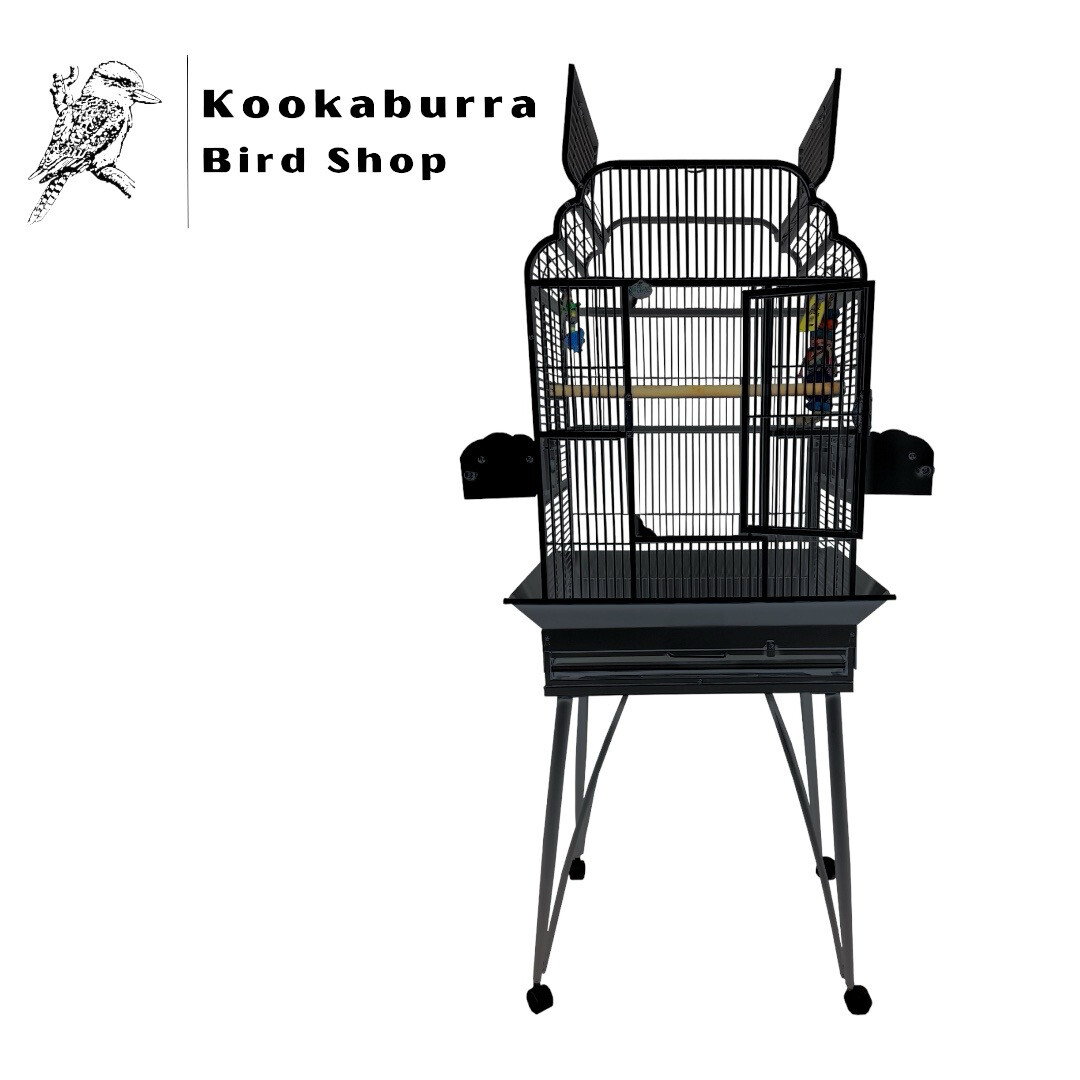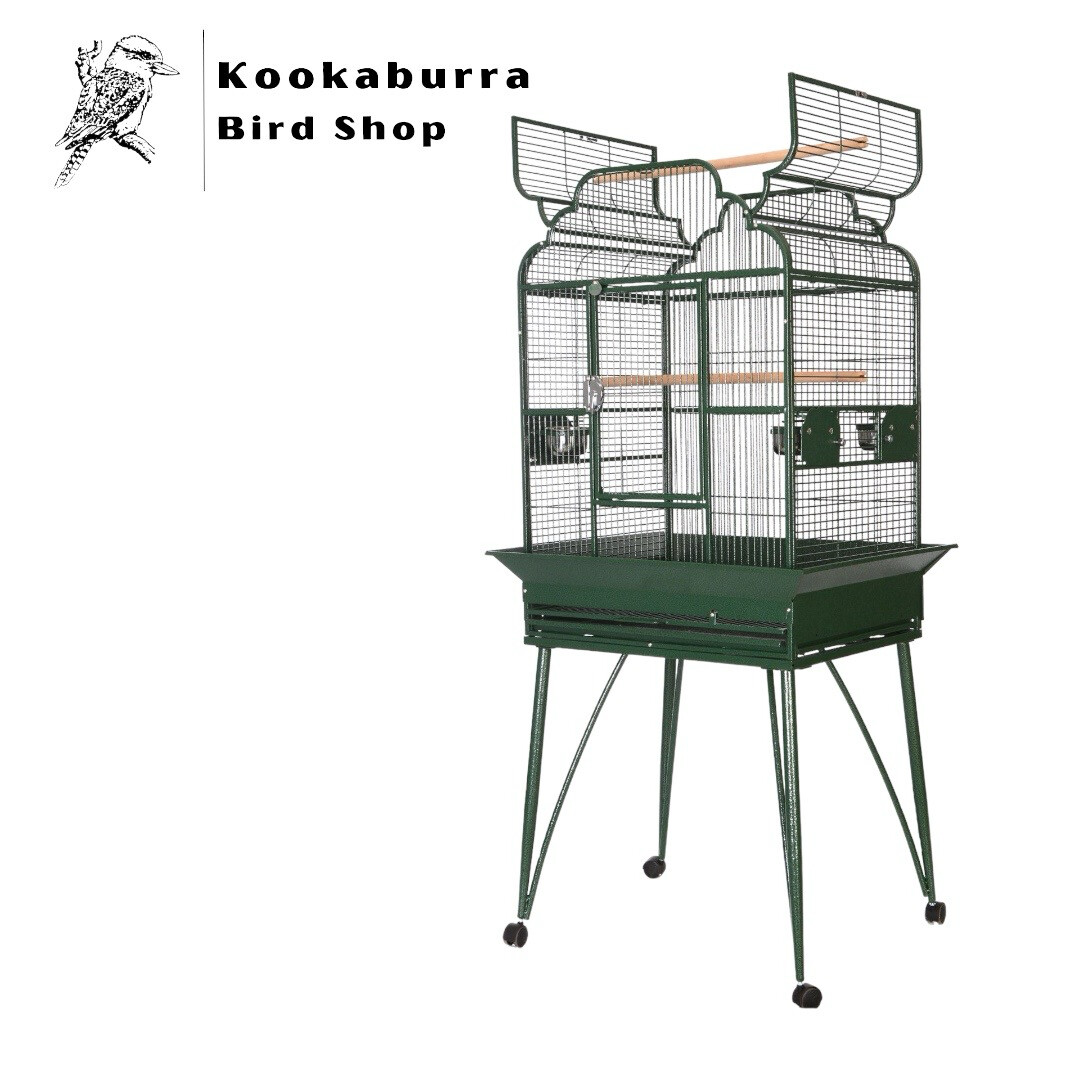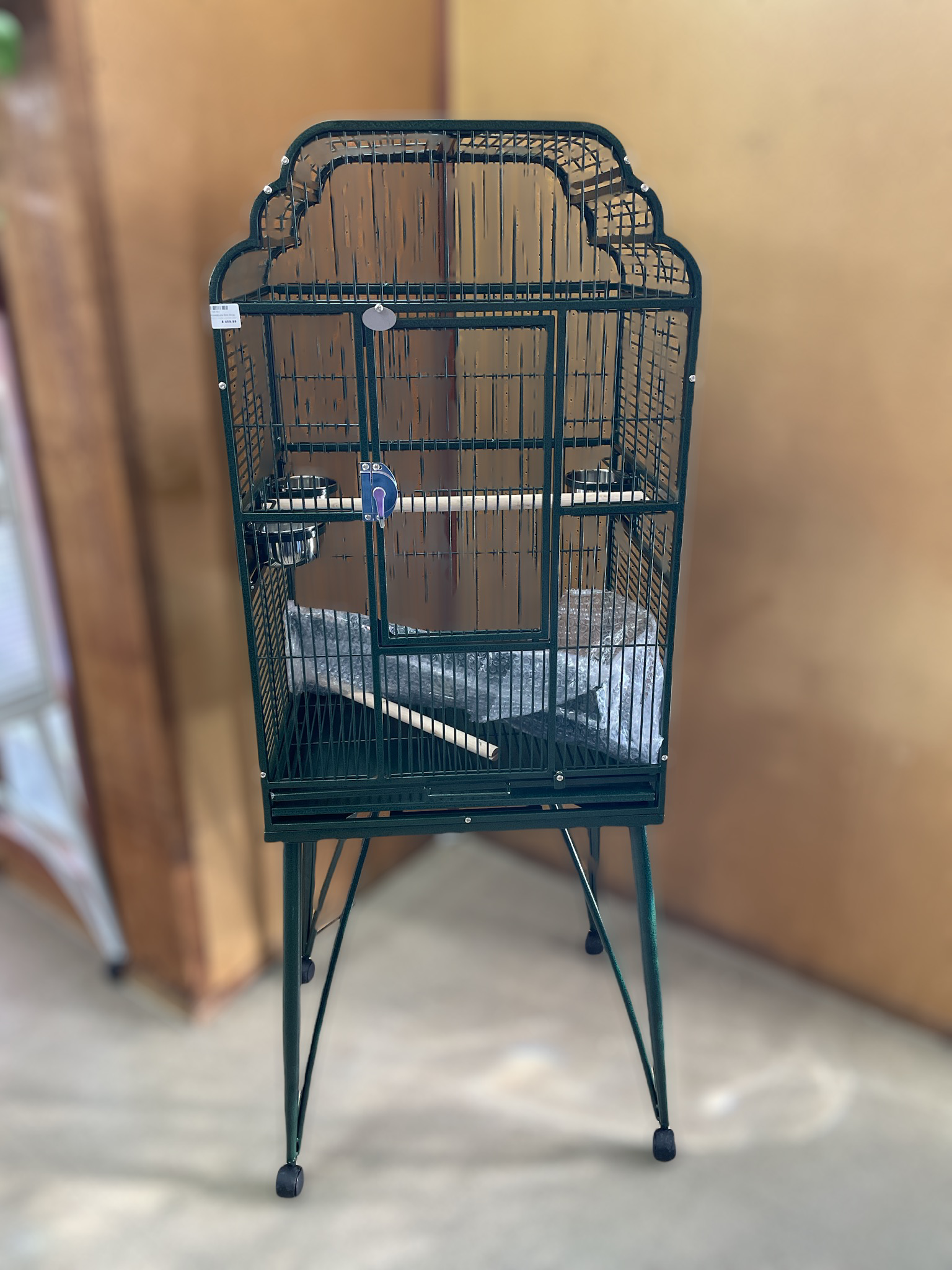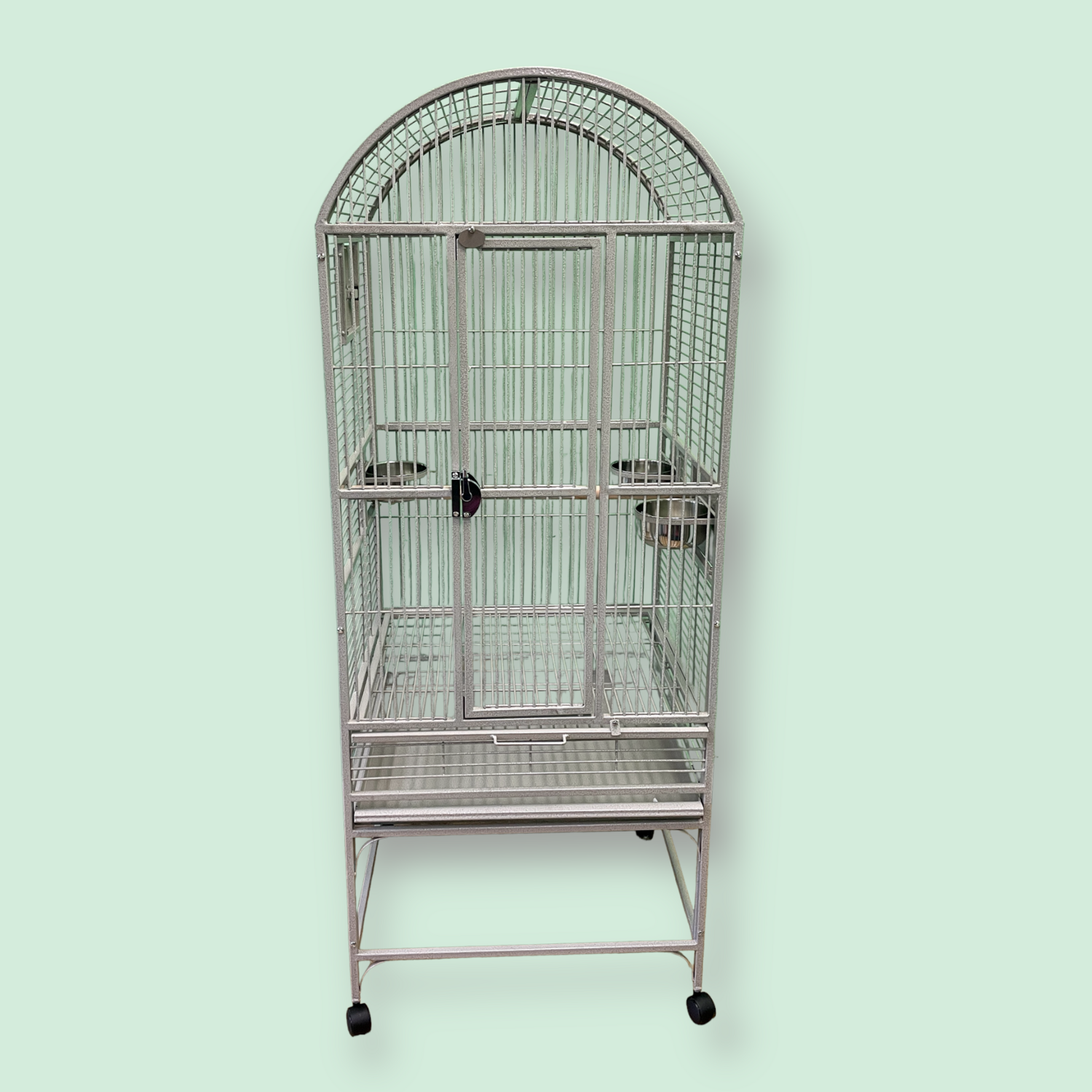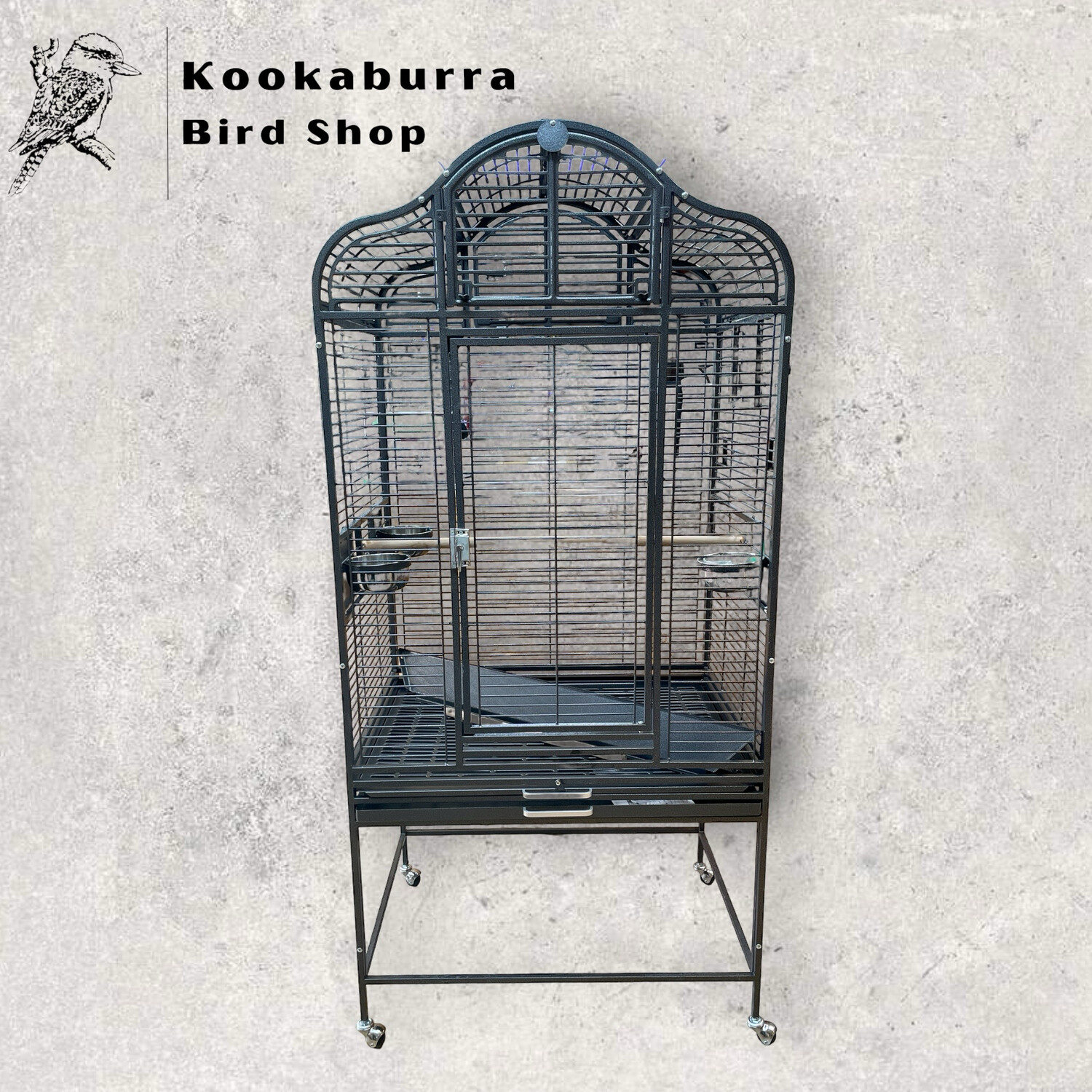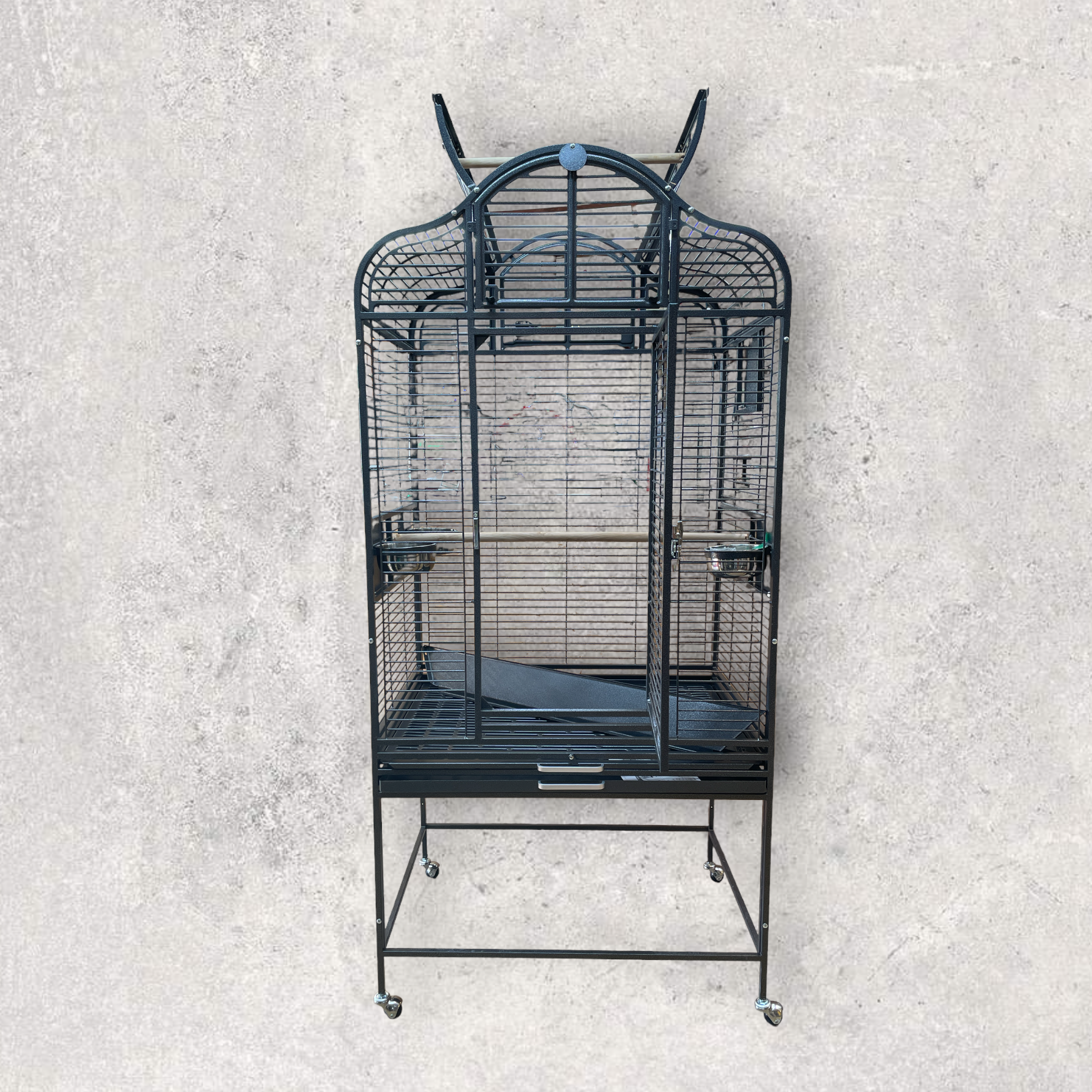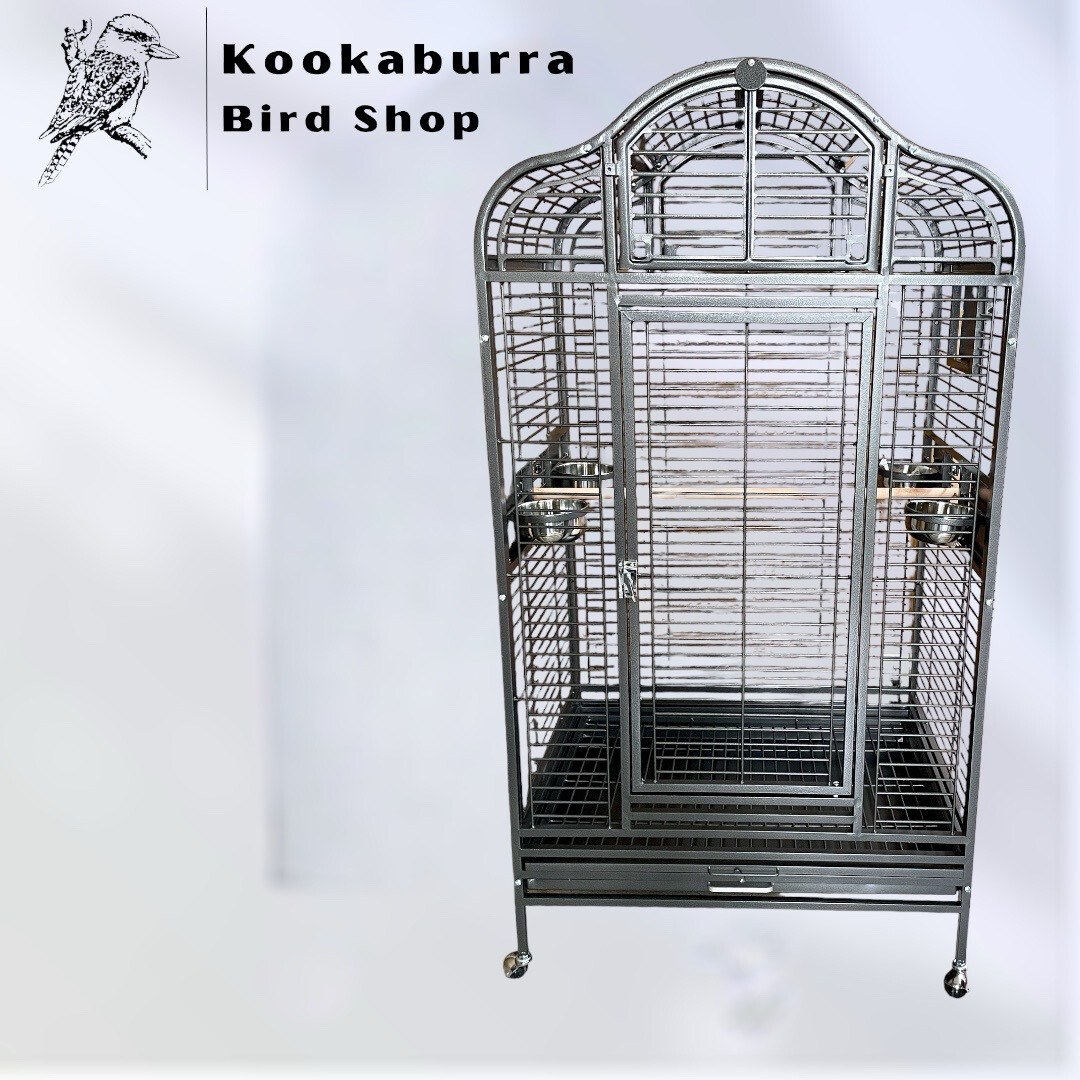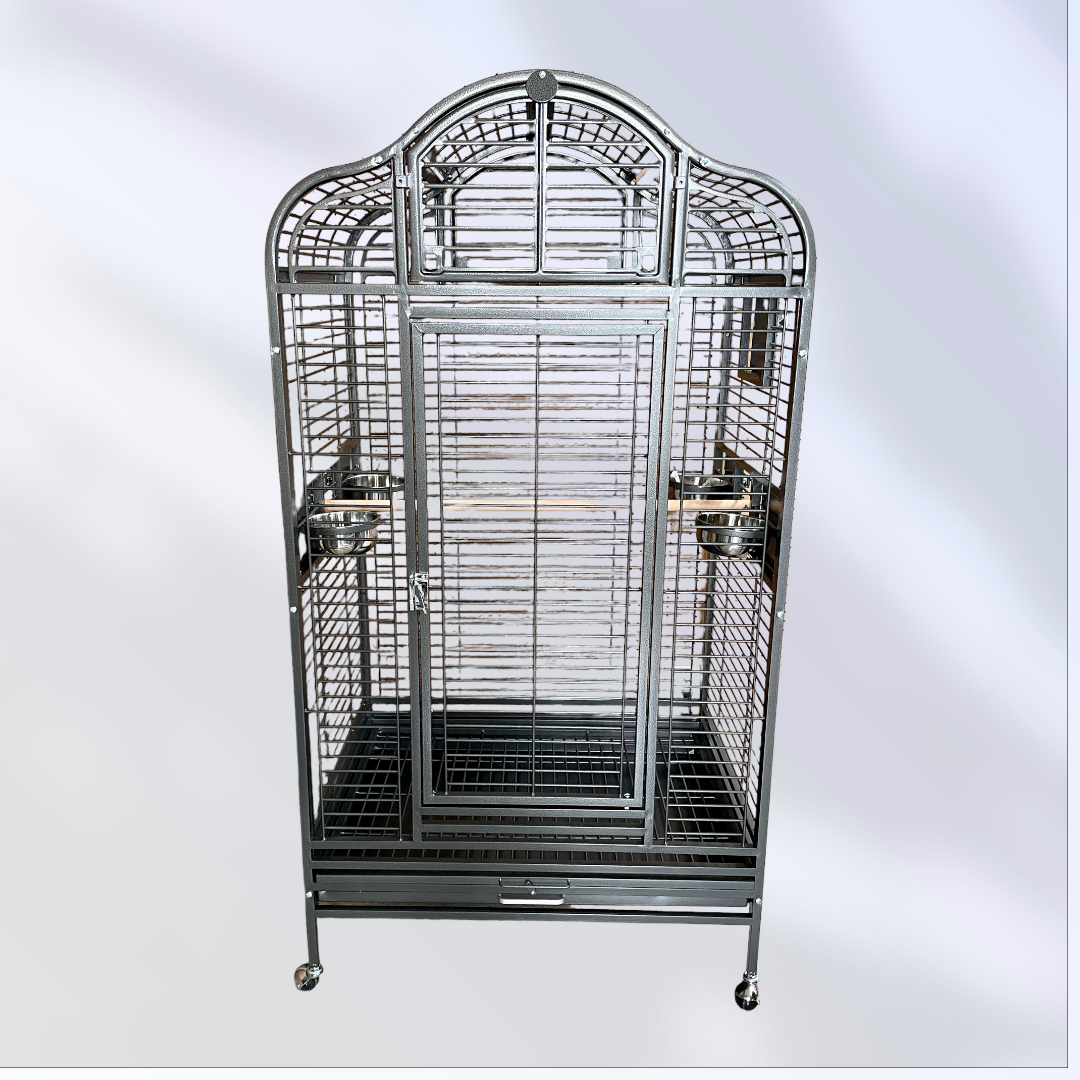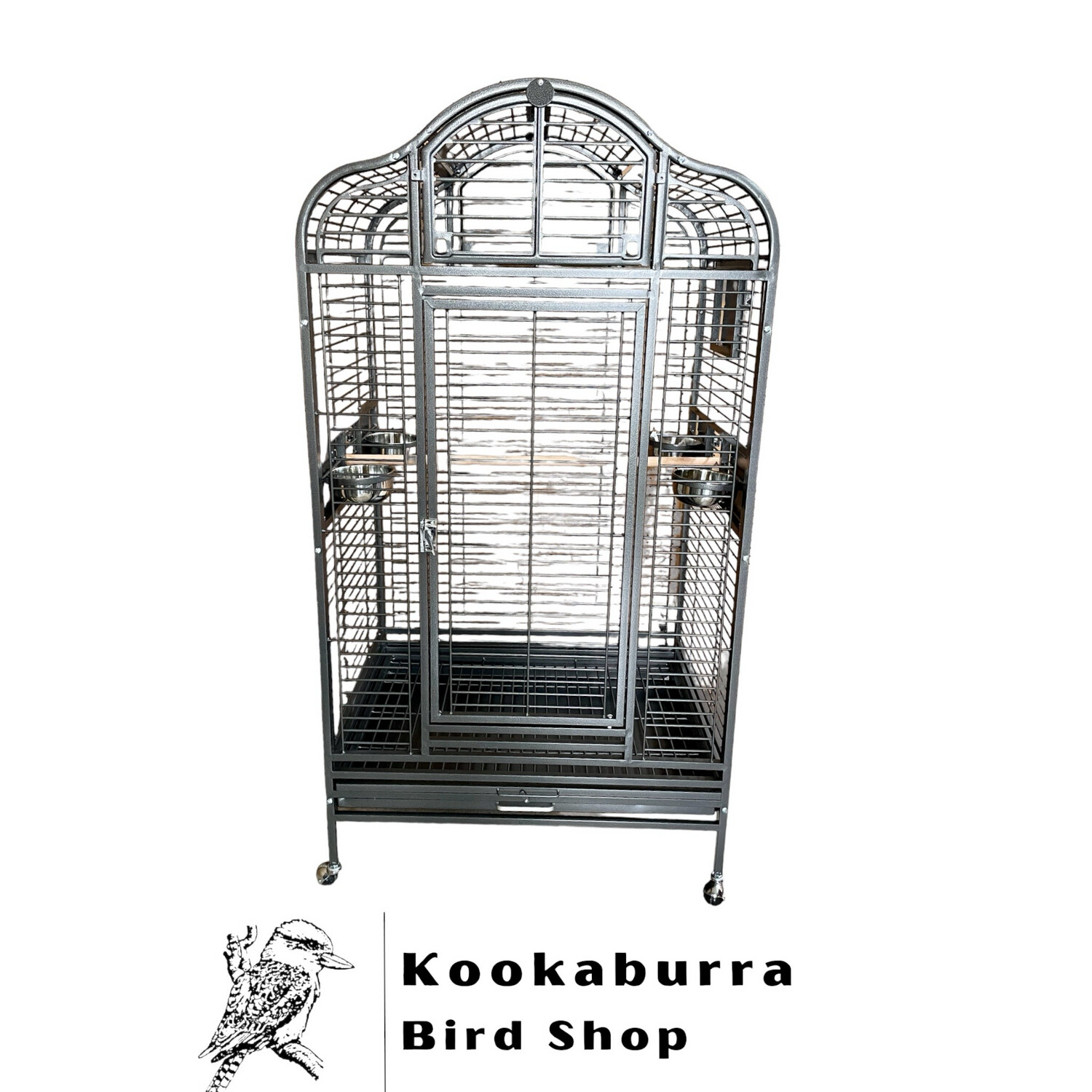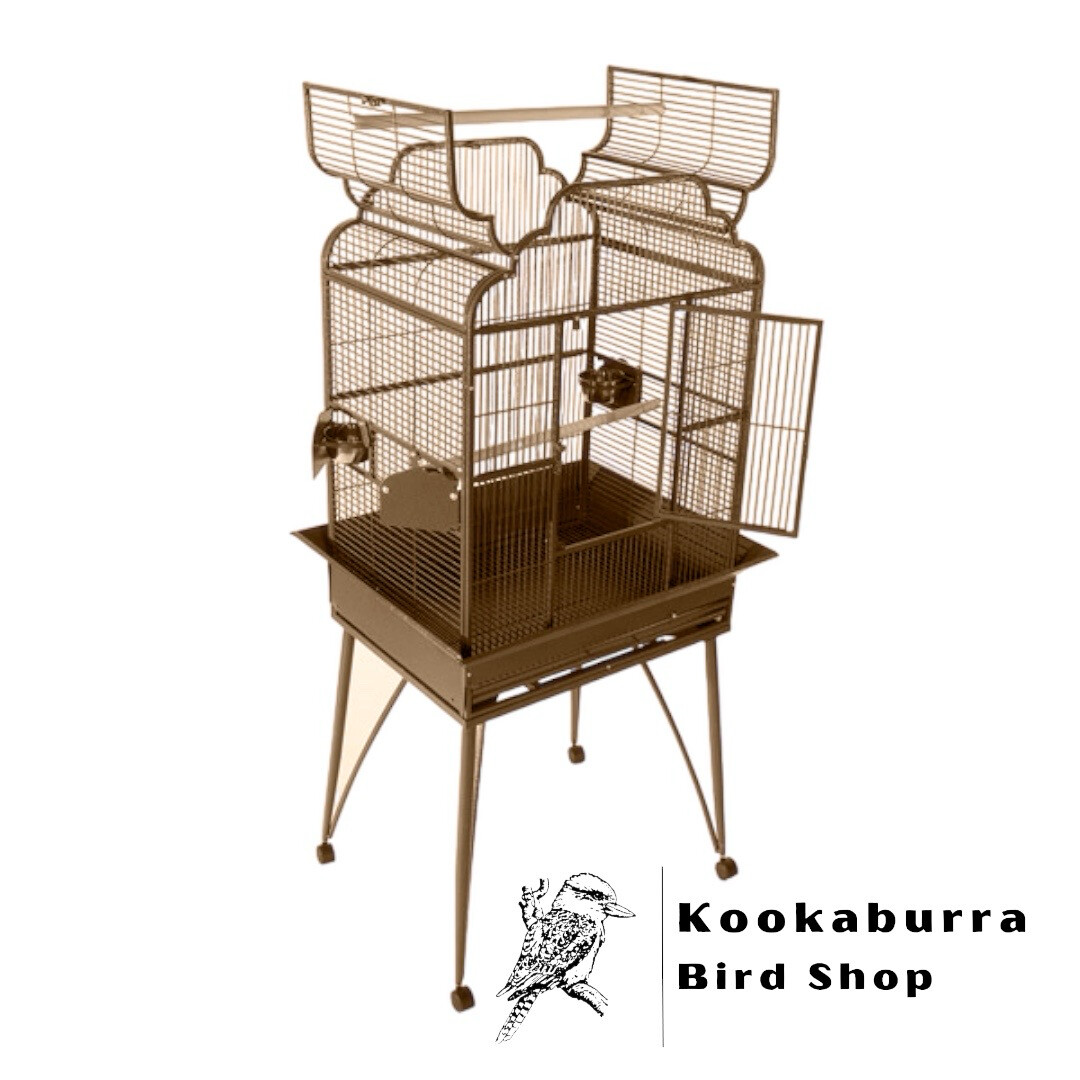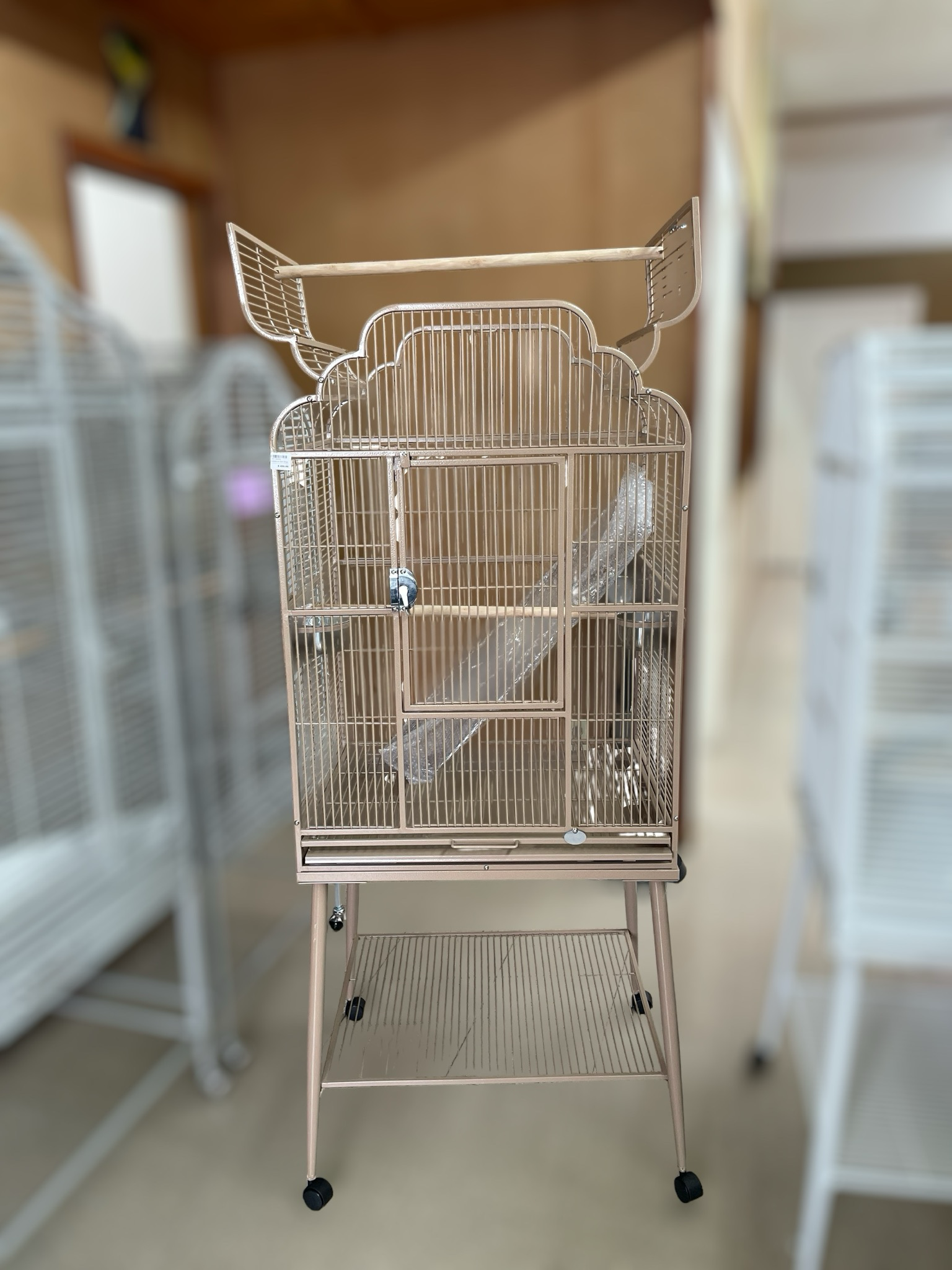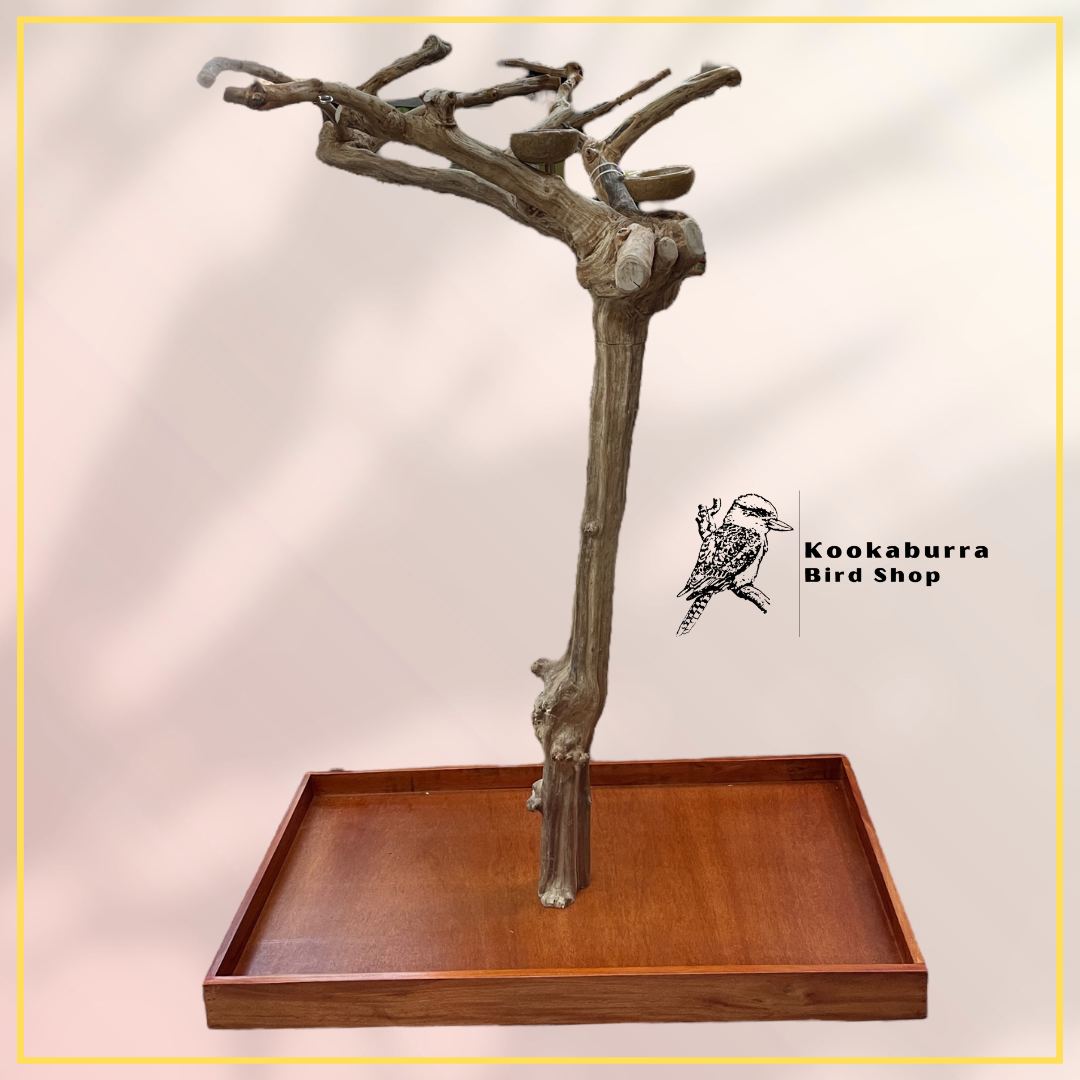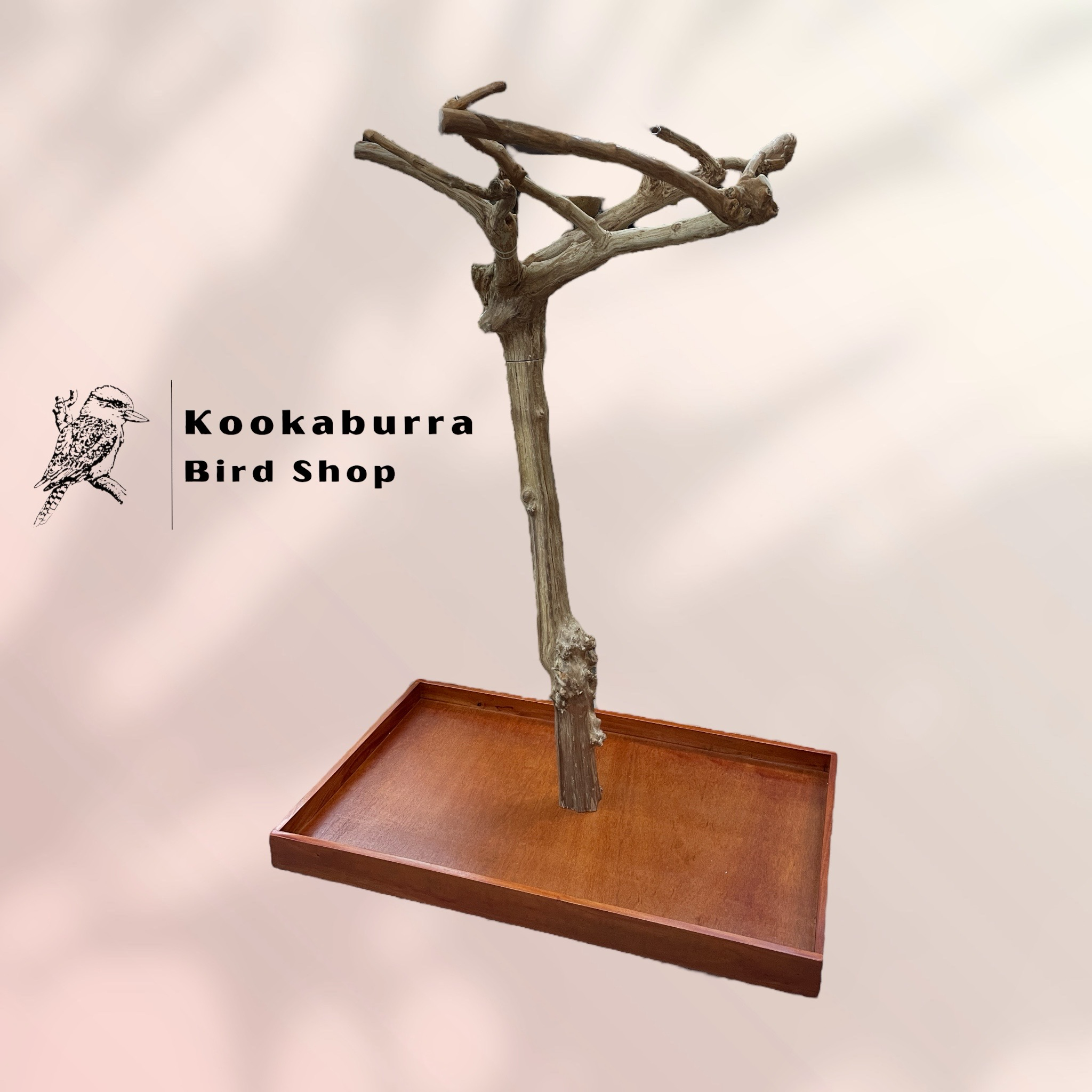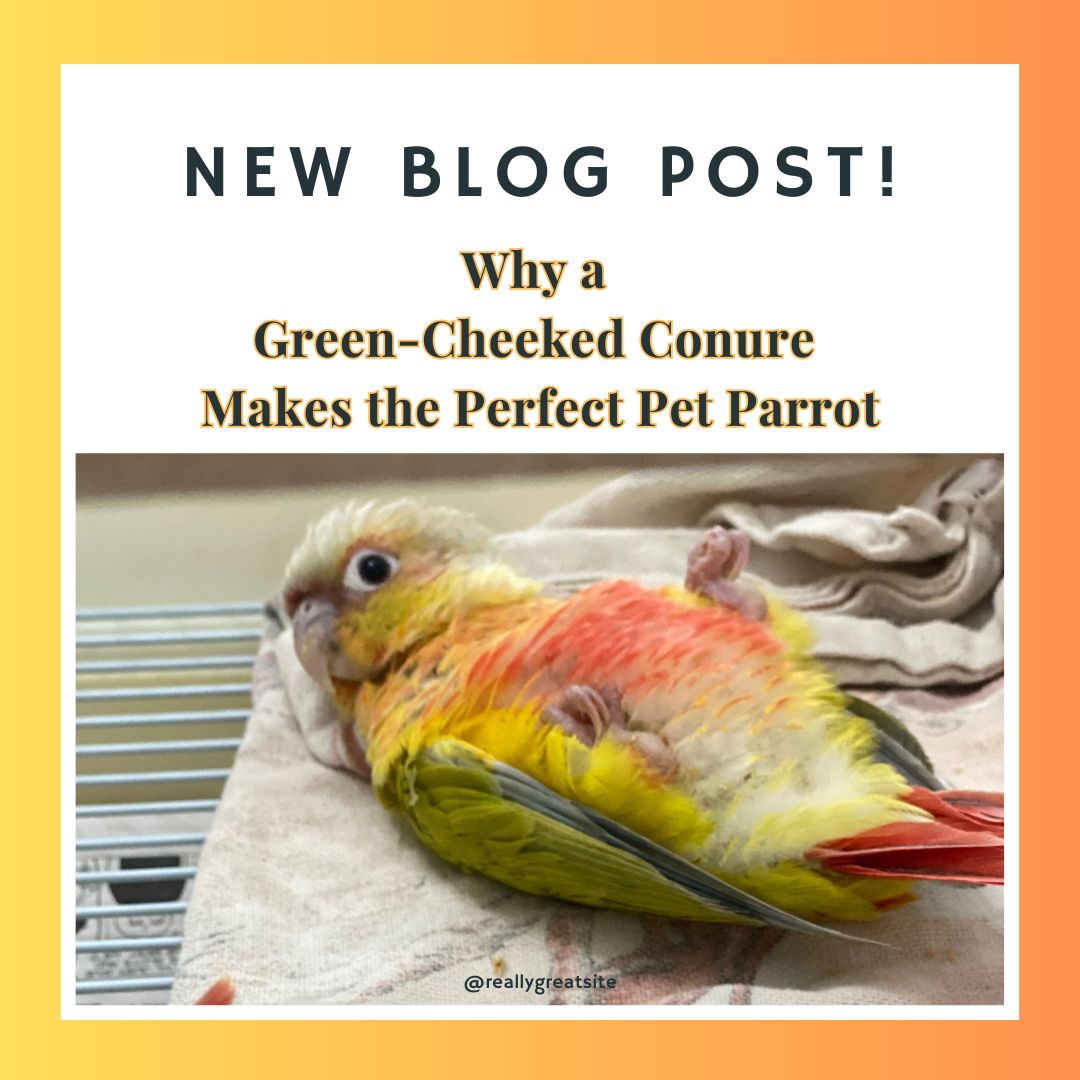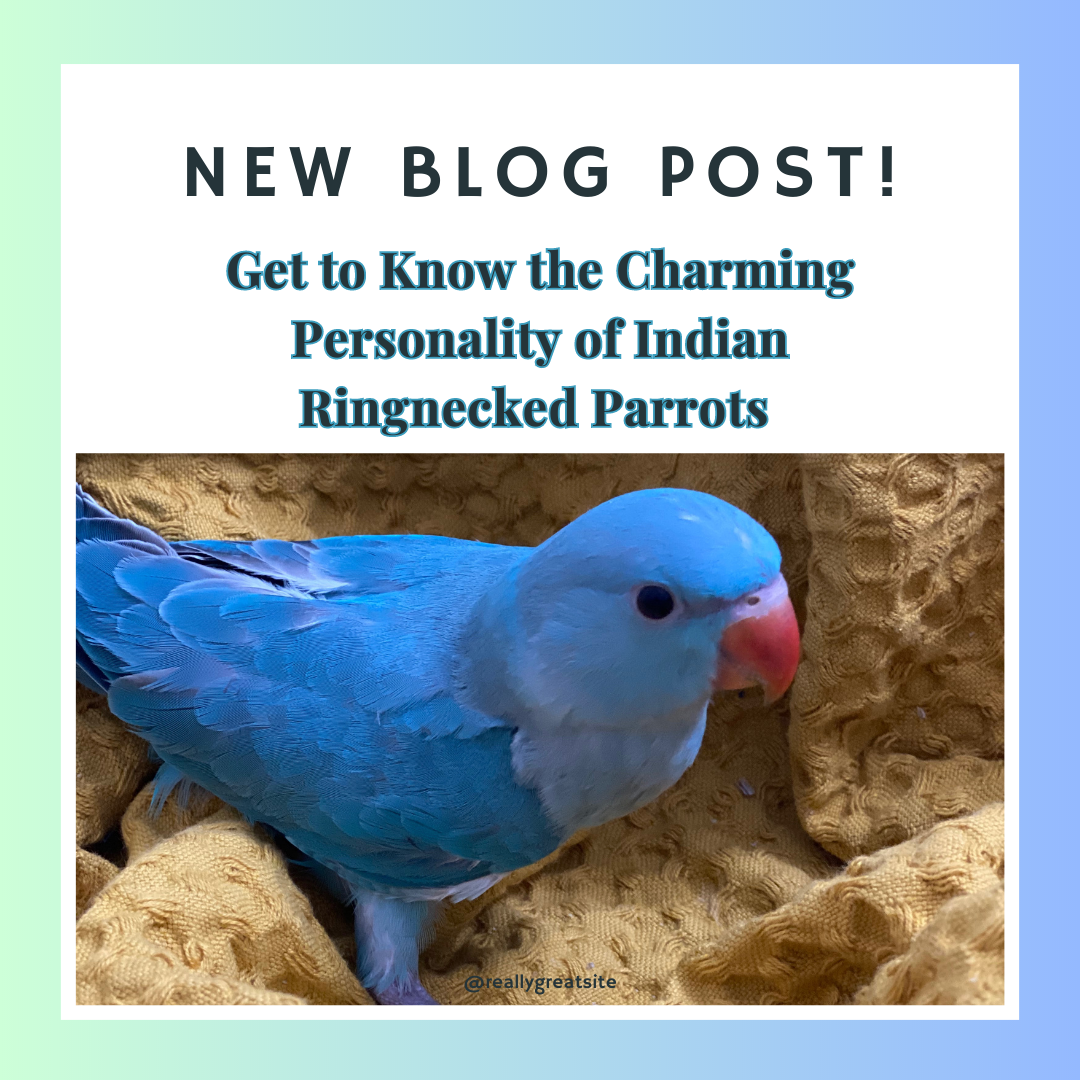The Perfect Placement: Finding the Best Location for Your New Parrot's Cage
-
B-2620 Black Victorian Open Top Cage
SKU 64447250035$499.99Buy Now -
B-2217 Green Victorian Open Top Cage
SKU 70334$479.99Buy Now -
9002422 Platinum Dome Top Parrot Cage
SKU 70514$569.99Buy Now -
GB73223 Black Majestic Series Parrot Cage
SKU 70540$749.99Buy Now -
GB73628 Black Majestic Series Parrot Cage
SKU 70542$999.99Buy Now -
GB74030 Black Majestic Series Parrot Cage
SKU 70545$1,199.99Buy Now -
B-2620 Sandstone Victorian Open Top Cage
SKU 70806$499.99Buy Now
Discover the ideal spot for your new parrot's cage with this guide on perfect placement. Ensure your winged friend's comfort and happiness with the best location.
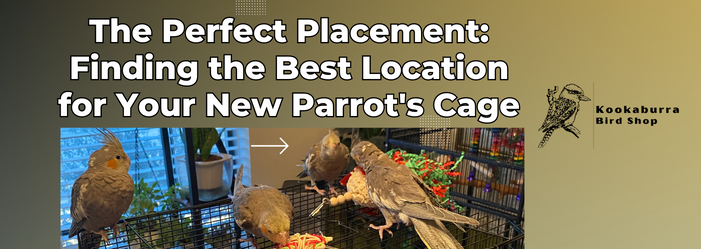
Congratulations on deciding to bring a new feathered friend into your life! Before you bring home your new parrot, it is essential to consider the perfect placement for their cage in your home. Parrots are social animals that require a great deal of interaction and attention, so placement will affect your bird's happiness, health, and behavior. Whether you are a first-time bird owner or adding a new bird to your family, this guide will help you find the perfect location for your new parrot's cage.
1. Choose a Quiet Place - Parrots are sensitive to noise and stress easily, so placing their cage in a busy or loud area will make them uncomfortable and affect their health. Ideal placement is in a room where they can feel comfortable with minimal noise. In a quiet location such as a bedroom, your parrot will generally be calmer and have better sleep quality, leading to a happier, healthier parrot.
2. Consider Air Flow - When considering your new parrot's placement, you also have to think about the air circulation in the room. A well-ventilated area is essential for your parrot's health, ensuring the bird has constant fresh air. Placement away from vents and drafts is vital; birds can suffer from respiratory problems if the air is stagnant and dusty or if there are harmful fumes or gases. A room with good airflow, such as a living room that gets plenty of natural light, is ideal.
3. Natural Lighting - Birds thrive when they have access to natural light, which provides warmth, vitamin D, and emotional benefits. Avoid direct sunlight on the bird's cage, which can be harmful, but ensure that the room doesn't get too dark or stays in a dim light all day. Parrots should have access to consistent light patterns, which means you have to place the cage in a room that gets enough natural light, but where you can control the amount of sunlight that reaches them.
4. Family Interaction - Parrots are social birds and require interaction with their owners and family. They require daily social contact, but you have to ensure that the parrot feels comfortable in that social context. Therefore, avoiding rooms with too much traffic is vital, as the bird could feel overwhelmed or anxious, leading to behavioral problems. Ideally, a living room or family room that is frequently used and where you can keep an eye on your parrot is perfect.
5. Avoid Dangerous Areas - Finally, ensure that your parrot's placement is not same as dangerous areas of your house such as the kitchen or any rooms with toxic plants. Parrots are curious animals, and a kitchen's high-activity environment can have many hazards, including heat, pesticides, and chemicals that could be harmful or fatal to your bird. Place the cage in an open area where your bird won't be exposed to toxins or anything that could harm them.
Finding the perfect location for your new parrot's cage may seem challenging, but it is essential to the bird's physical and emotional well-being. Consider your parrot's safety, comfort, and social needs when choosing the best location. A location that is quiet, well-ventilated, has access to natural light, and where family interaction is present is ideal. By following these tips, you can provide your parrot with a happy and healthy life in their new home.
-
Large Floor Standing Java Tree
SKU B6192$589.99Buy Now
Share
 Rating
Rating
Sign up for our VIP Text to receive $10 OFF your next purchase or boarding reservation! kookshop
is our general text list and campkook
is for boarding updatesWe send 4-8 messages a month and you may opt out at any time.
All Rights Reserved | Kookaburra Bird Shop, LLC










